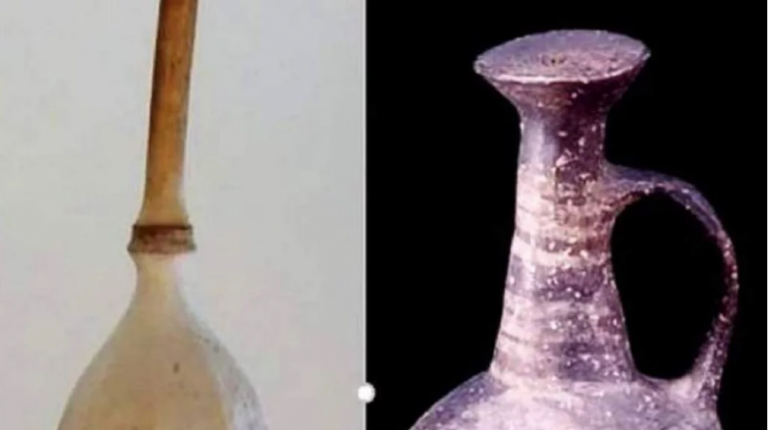For years archaeologists have linked a type of ancient vessels found in the eastern Mediterranean area with the use of opiates.
In a recent study published in the Royal Society of Chemistry’s journal Analyst and funded by the National Environmental Research Council (NERC) this link is verified.
Researchers at the University of York in collaboration with the British Museum have discovered traces of opiates preserved inside a vessel from -known as ‘base-ring juglet’. These vases, when inverted resemble the seed head of the opium poppy.
The vase dates back to the Late Bronze Age, circa 1650 – 1350BC and had since its discovery been housed in the British Museum.
Using instruments in the University of York’s Centre of Excellence in Mass Spectrometry at the researchers found that the juglet residue was mostly composed of a plant oil but hinted at the presence of opium alkaloids, a group of organic compounds derived from the opium poppy.
The vase has been found and kept sealed, allowing the contents inside to be preserved; presenting a rare opportunity for scientists to conduct a conclusive analysis, Kathimerini reports.
Meanwhile, Dr Rachel Smith developed a new analytical method as part of her PhD at the University’s Department of Chemistry.
Read more HERE
Ask me anything
Explore related questions





